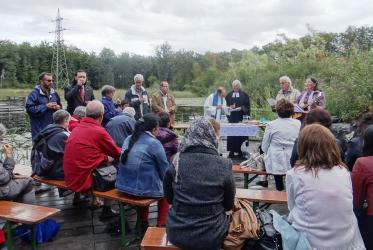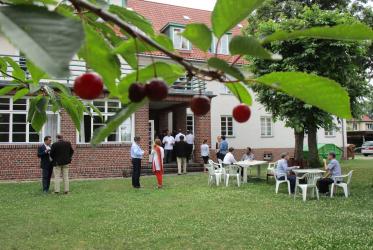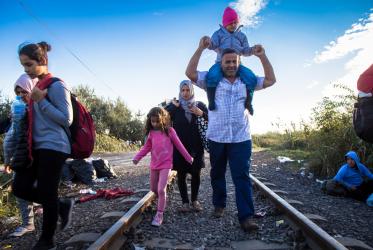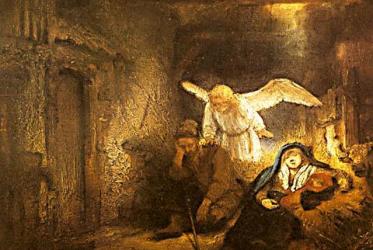Displaying 141 - 160 of 206
19 September 2017
WCC expresses support for Swedish ban on nuclear weapons
19 September 2017
In Charlottesville, can “the power of love” prevail?
14 August 2017
Ecumenical Patriarch visits WCC
24 April 2017
Second Bible study on stateless persons available for Advent use
08 December 2016
In Syria and Iraq, minorities must come out of the darkness
28 November 2016
New Executive Committee members elected in Trondheim
28 June 2016








